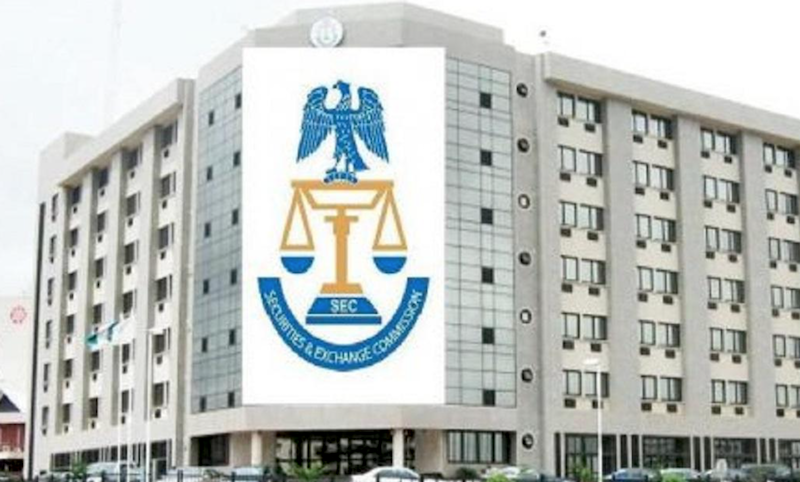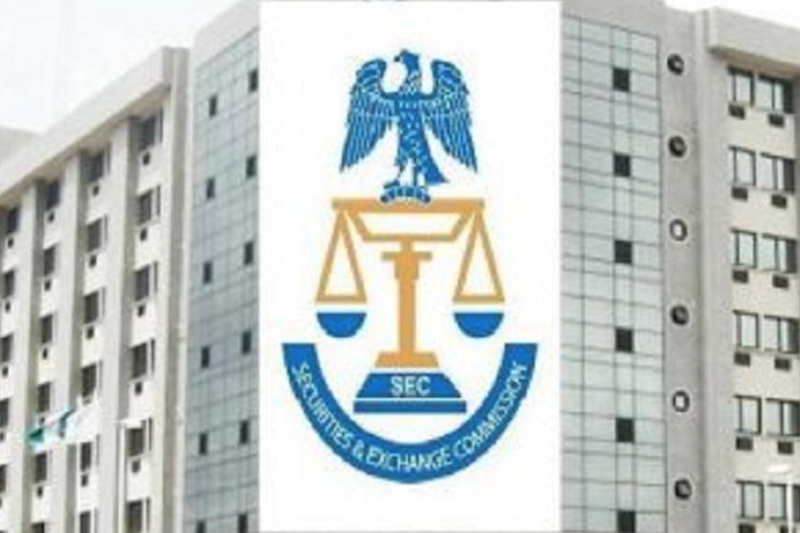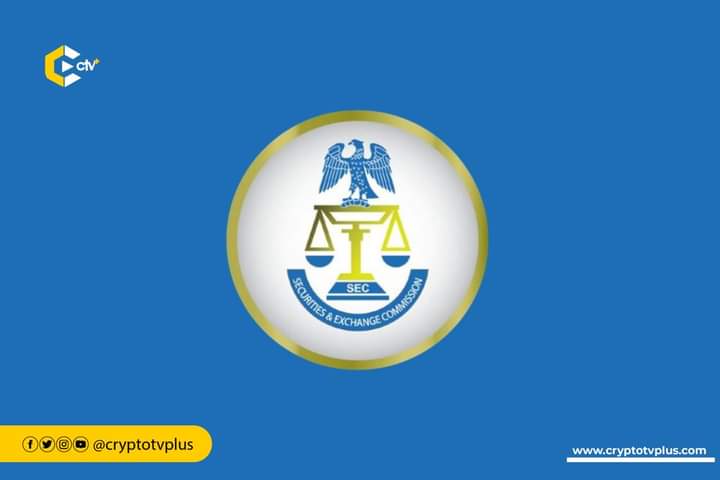The Securities and Exchange Commission (SEC) says the Investments and Securities Bill (ISB) 2024 is proposing a penalty of not less than N20 million or 10 years imprisonment or both for Ponzi scheme operators.
The Director-General of SEC, Dr Emomotimi Agama, said this at the Public Hearing of the bill on Thursday in Abuja.
Agama said that the bill also prescribed stringent jail terms and other stiff sanctions for the promoters of Ponzi schemes.
He said that SEC introduced an express prohibition of Ponzi/Pyramid Schemes and other illegal investment schemes to ensure that illegal fund managers were not allowed to fleece unsuspecting Nigerians of their funds.
Agama said the commission had observed areas which required review in the ISB 2007 to strengthen existing provisions, remove ambiguities, introduce new provisions that would enhance the international competitiveness of the Nigerian capital market.
Agama said the move was to reposition the market to catalyse national economic transformation.
”A vital provision in the Bill is the new stipulation that the Investor Protection Fund (IPF) set up by the securities exchanges would compensate investors who suffer pecuniary losses arising from the revocation or cancellation of the registration of a dealing member firm.
“In the extant law, compensation from the IPF is limited to instances of “bankruptcy”, “insolvency” or other acts of “negligence” by a dealing member firm.
“This Bill also contains an entirely new part which provides for the regulation of Commodity Exchanges and Warehouse Receipts.
”These provisions are essential for the development of the entire Commodities ecosystem. There is no doubt that Nigeria needs and deserves a world-class capital market to facilitate the on-going economic diversification.
“The passage and enactment of the Investments and Securities Bill will be a pivotal step in this direction,” he said.
In his remarks, the President of the Senate, Sen. Godswill Akpabio, said the ISB 2024 was a beacon of hope for the nation’s economic landscape.
Akpabio, represented by Sen. Binos Yaroe, said the country was taking a bold step toward modernising its financial market and fostering transparency by repealing the ISB Act 2007.
He said the Bill was designed to create a more robust and equitable environment for investments to thrive in an increasingly competitive global economy.
”As we delve into the discussions today, I urge you to embrace this opportunity with an open heart and a discerning mind. The importance of your contributions cannot be overstated. We are gathered here to listen, to learn, and to engage in honest dialogue.
”Your insights will help us craft a Bill that not only reflects the aspirations of our people but also addresses the intricate challenges we face in the investment landscape. Let us remember that the Senate remains fully committed to Nigerian people.
“Together, we can ensure that the ISB 2024 is not just a piece of legislation but a transformative tool that propels Nigeria towards a future of economic resilience and prosperity,” Akpabio said.
The Chairman, Senate Committee on Capital Market, Sen. Osita Izunaso, Izunaso said that a well-developed capital market which served as the bedrock for long term capital raising and industrial development was imperative.
Izunaso said the capital market required a strong legal framework which was in conformity with ever evolving societal and global realities.
“You will all agree with me that Fintech has caused a lot disruptions in the capital market in recent years such that digital assets platforms are fast gaining ground as a critic aspect of the capital market ecosystem.
“Having operated the ISA 2007 for over 15 years, it has, therefore, become apparent that the law requires holistic review in order to strengthen its existing provisions, remove ambiguities, introduce new provisions that will enhance the international competitiveness of the Nigerian capital market.
”This will help reposition the market to more strategically fulfil its role as a critical segment of the Nigerian financial system,” he said.





